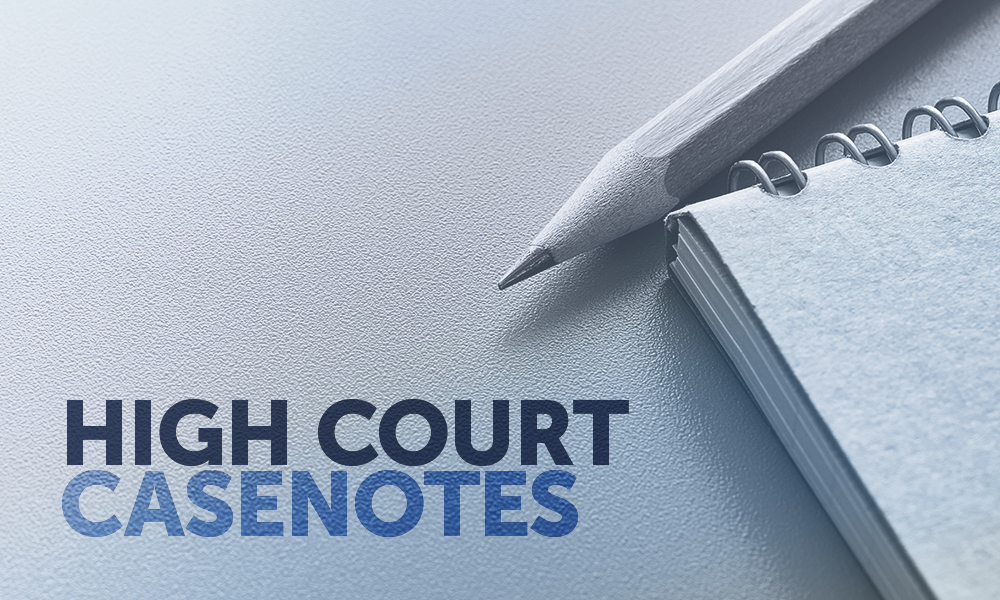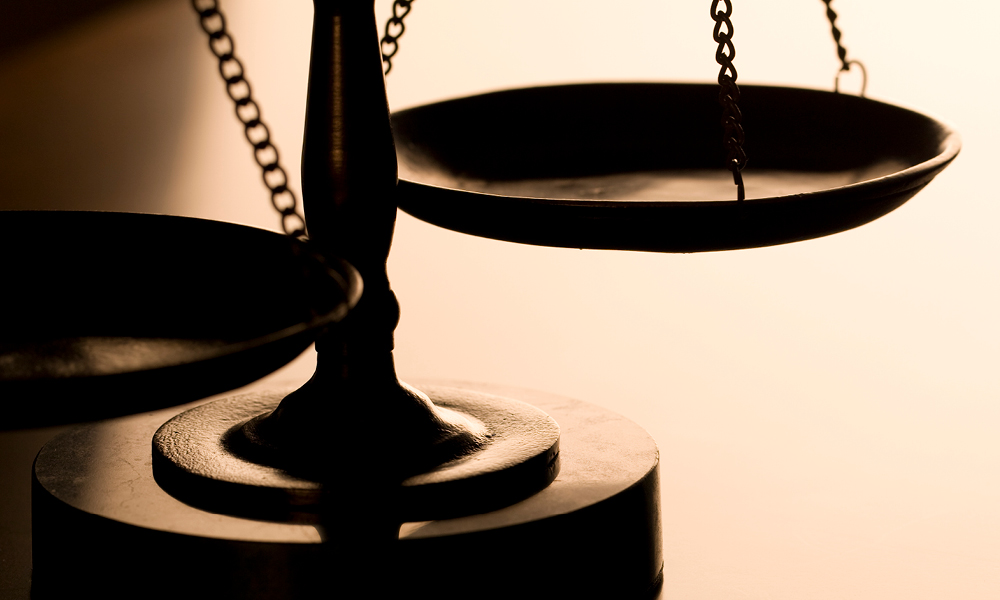In the High Court decision of Edwards v The Queen [2021] HCA 28 (6 October 2021), the High Court was required to determine whether the prosecutor’s duty to provide full and proper disclosure, under s142 of Criminal Procedure Act 1986 (NSW), extended to serving the defendant with a copy of data downloaded from the defendant’s phone.
The defendant (Edwards) was convicted of six counts of aggravated sexual intercourse with a person aged above 10 and under 14 years of age contrary to s66C(2) of the Crimes Act 1900 (NSW).
Edwards argued that his trial miscarried by reason of the prosecutor’s failure to provide his lawyers, ahead of the trial, with a hard drive containing a copy of data downloaded from his mobile phone by police (Download). Although the Office of the Director of Public Prosecutions (ODPP) had informed Edwards’ lawyer of the existence of the Download prior to trial, it did not serve a copy of the Download on Edwards or otherwise provide any information from the Download.
Edwards’ lawyer became cognisant of the Download after the ODPP served a statement from a particular witness, Ms Birchill, on the Friday before the commencement of the trial. Edwards’ lawyer enquired how the ODPP came to know of the existence of Ms Birchill and was informed that Ms Birchill’s details had been obtained from the Download. Edwards did not seek an adjournment of the trial or an exclusion of Ms Birchill’s evidence.
On appeal to the Court of Criminal Appeal, Edwards argued that if the ODPP had disclosed that Ms Birchill’s details had been extracted from the Download, then he would have been alerted to the fact that the Download could be mined for potentially useful information for his defence.
The Court of Criminal Appeal (Leeming JA, Johnson and Harrison JJ) unanimously dismissed Edwards’ appeal. The Court of Criminal Appeal concluded that it was not part of a prosecutor’s duty to disclose how the ODPP identified witnesses. Nor was it part of a prosecutor’s duty to tell Edwards that he might find the Download useful for his defence.
The High Court also unanimously dismissed Edwards’ appeal. Kiefel CJ, Keane and Gleeson JJ noted at [24] that it was settled law that a failure by the prosecution to disclose all relevant evidence to the accused may result in the quashing of a guilty verdict.
But, their Honours also observed at [25] that Edwards was unable to show how the failure to serve a copy of the Download on him undermined his entitlement to a fair trial. Further, their Honours noted at [30] that Edwards could have sought an adjournment of the trial to enable him to make inquiries, but didn’t.
And, at [31], their Honours noted that it was open to Edwards to instruct his lawyers to obtain a copy of the Download. The existence of the Download had been identified by the ODPP well in advance of the service of Ms Birchill’s witness statement.
In a separate judgment, Edelman and Steward JJ considered that the Download should have been served on Edwards but did not consider that it resulted in a miscarriage of justice. Edelman and Steward JJ, like Kiefel CJ et al, observed that Edwards had failed to establish that there was any information in the Download which would have assisted his defence.
Dr Michelle Sharpe is a Victorian barrister practicing in general commercial, real property, disciplinary and regulatory law, 03 9225 8722, email msharpe@vicbar.com.au. The full version of these judgments can be found at austlii.edu.au.












Share this article